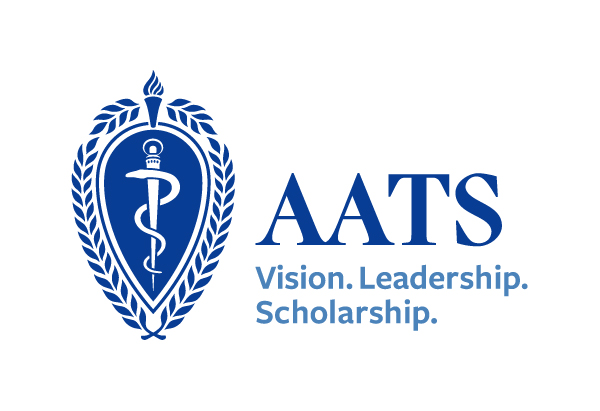Repeat Sternotomy for Aortic Valve Replacement Safe Option for Octogenarian Patients
American Association for Thoracic Surgery (AATS)Surgical aortic valve replacement generally improves patients’ symptoms and prolongs survival. However, the perceived risk of surgical aortic valve replacement in patients over 80 may result in surgery being denied or a recommendation for alternative therapy. Investigators at the Mayo Clinic challenge the way these patients have been managed. They report that repeat sternotomy in patients over 80 who have previously had coronary bypass graft surgery can be done with low risk. Their findings are published in The Journal of Thoracic and Cardiovascular Surgery, an official publication of the American Association for Thoracic Surgery.
